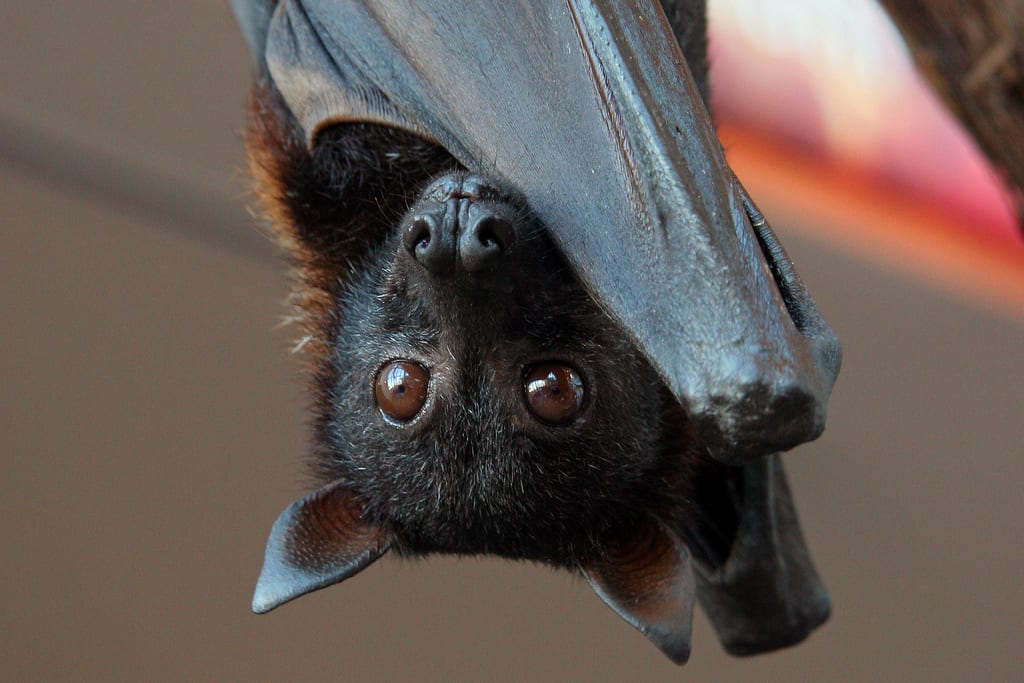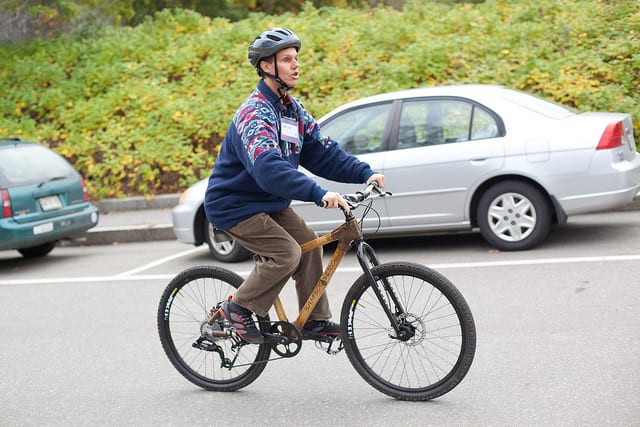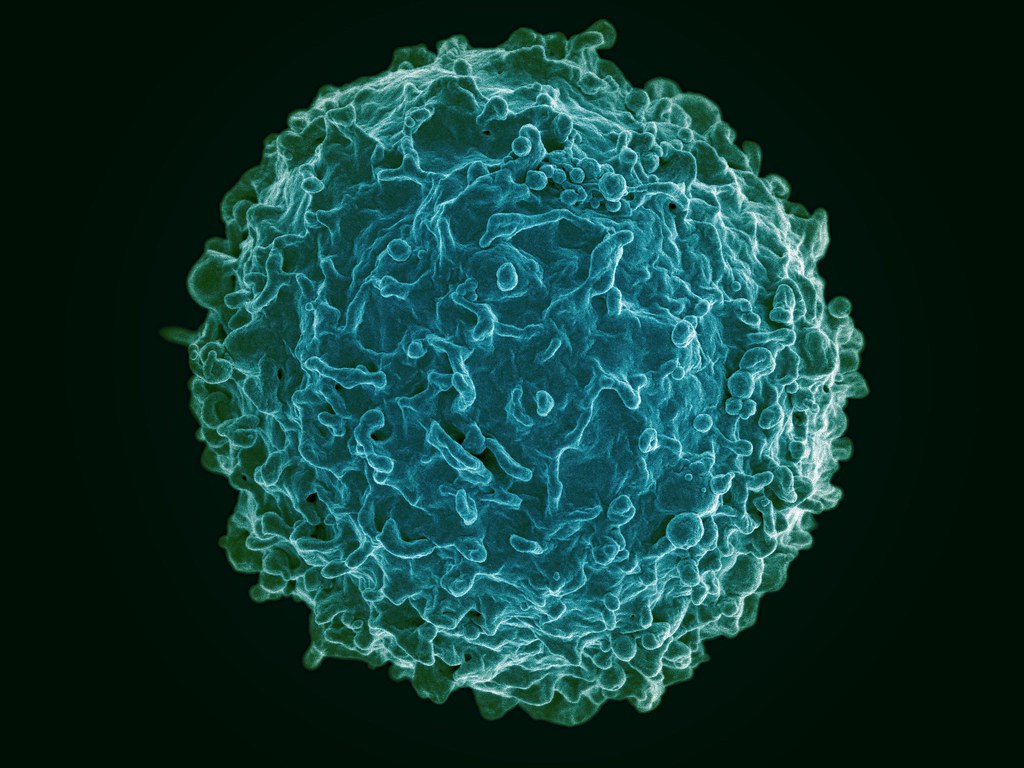
This March, Netflix released its second season of its Marvel superhero drama, Daredevil. Daredevil features Matt Murdock, a lawyer who moonlights as the titular vigilante defender of Hell's Kitchen, who also happens to be blind. Relying on his keen other senses, Murdock easily wipes out his enemies without needing to use his eyes whatsoever.
Society is structured to favor the sighted, so visual impairment can be a major obstacle for the 285 million people experiencing vision problems. The blind face problems self-navigating in complex environments, using screen-based technology, and even finding employment opportunities.
Today, the blind can get around safely in familiar environments without assistance from others by using their sense of touch with a long white cane, a symbol for blindness. Though some are working to make the world more accessible to the disabled, how plausible would it be for the blind to supplement their sight with their other senses in the real world?

In nature, animals like bats and dolphins rely primarily on their ears to determine the locations of objects around them. This tactic, called echolocation, uses sound waves rather than light waves to paint a picture of the world in the brain. By rapidly making clicking sounds and hearing the slight differences in the way the sound waves reflect off the objects around him and return to their ears, bats and dolphins can use sound to picture their surroundings at a level of detail they could not attain using only their eyes.
People also commonly use echolocation for undersea navigation with sonar radar, but we cannot make clicking sounds at the rate other animals can. That said, studies say the human brain doesn't appear to need rapid clicks or sonar machines to be capable of echolocation, so an echolocating Daredevil may not be merely in the domain of science-fiction.

Meet Daniel Kish. Unlike Daredevil, who lost his sight as a child in a radioactive chemical spill, Daniel lost his sight as a baby, but has become famous by being able to “see†through echolocation- which has allowed him to even ride a bike. Kish, the President of World Access for the Blind, has taught over 500 children how to echolocate as he does- by making clicking sounds and listening to how the sound waves reflect off his surroundings.
Some have even ventured to say that echolocation can give the blind the ability to “see,†since there is evidence that there is activation of the visual cortex when blind people use echolocation. Since there is evidence that echolocation can be learned through practice, Kish has been working to raise awareness of the reality of human echolocation as well as to grant access to learning how to properly click as a means of gaining a sense of object placement, with the goal of allowing all blind people to have the opportunity to learn to use echolocation as a way of improving quality of life in an inaccessible world.
Human echolocation has the potential to allow people to live better, but it's not a cure-all. Since so many of the world's amenities are only designed for use by the sighted, even something as exciting as echolocation has its limitations.
While the fictional Netflix version of Matt Murdock (played by sighted Charlie Cox) moves gracefully and appears to know the location of everything around him without even clicking his tongue, the blind in the real world would probably need some sort of extremely effective form of echolocation for such easy maneuvering to be plausible. Without braille, audible assistance, or resources like service dogs, blindness becomes even more of a hassle. When we take into account the different limitations and needs of others, the world becomes a more accessible place for everyone.
 Hilde Oliver is a PhD student in the Department of Marine Sciences at the University of Georgia, where she studies how extreme melting of Greenland's ice sheet is impacting marine ecosystems. Hilde is a huge fan of Korean food, yoga, and campy movies. Follow her on Twitter @Hilde_Oliver or shoot her an email at hildeoliver@uga.edu. More from Hilde Oliver. Hilde Oliver is a PhD student in the Department of Marine Sciences at the University of Georgia, where she studies how extreme melting of Greenland's ice sheet is impacting marine ecosystems. Hilde is a huge fan of Korean food, yoga, and campy movies. Follow her on Twitter @Hilde_Oliver or shoot her an email at hildeoliver@uga.edu. More from Hilde Oliver. |
About the Author
- athenssciencecafehttps://athensscienceobserver.com/author/athenssciencecafe/April 17, 2020
- athenssciencecafehttps://athensscienceobserver.com/author/athenssciencecafe/April 12, 2020
- athenssciencecafehttps://athensscienceobserver.com/author/athenssciencecafe/April 3, 2020
- athenssciencecafehttps://athensscienceobserver.com/author/athenssciencecafe/March 30, 2020







